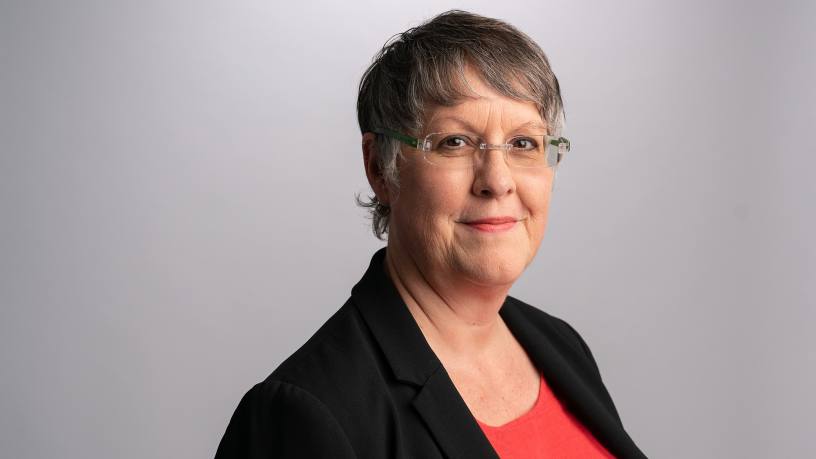There continues to be an underrepresentation of female CEOs and female chairs on bank boards in Europe, despite many banks putting in place ambitious diversity, equity and inclusion (DE&I) plans.
According to DBRS Morningstar’s analysis of 43 European banks, women represented only 37% of board member seats; this number dropped to 26% when considering women on executive management teams. Only five of the 43 had a female CEO in 2021, equal to 12% of the total.
Despite the dire numbers, progress is being made – if slowly. In 2020, women held 35% of board positions and 20% had executive roles.
Earlier this month, the number of female CEOs in Europe increased by one: Silicon Valley Bank promoted Erin Platts to lead the UK subsidiary, following its upgrade from a branch.
For Ms Platts, this is an opportunity to change the perception of what a bank CEO looks like. “The more we can showcase examples of women in leadership positions, whether that be running tech companies or bank CEOs, the better things will get,” she says. “And then for those like me, it’s about lifting up others and making sure that we’re busting the myths of what that career journey looks like.”
As well as continuing to lead Silicon Valley Bank's Europe, the Middle East and Africa business, Ms Platts has also recently joined the board of industry body UK Finance. “I’m excited about bringing the voice of Silicon Valley Bank and also the innovation economy into UK Finance, to discuss what we need to do to continue to make the UK the best place to, not just start up, but scale businesses,” she says.
She believes that the country’s position will be dependent on its competitiveness from a regulatory, talent and trade perspective. “The UK is still the number one market for investment from an innovation perspective. Enterprise software and fintech have been the two leading sub-sectors in the first eight months of the year and we don’t see that changing,” she adds.
However, there are challenges on the horizon for the innovation economy. “From a macro perspective, the public markets across the US and the UK have been, and continue to be, hit hard. Obviously, sterling has taken a hit as well amid inflation concerns. The velocity of rounds coming together has slowed and valuations have come down. But if you double-click on what’s actually happening in the market, there is still a lot of money being raised by venture capital and private equity firms. So, the amount of dry powder and capital sitting on the sidelines is substantial. And these firms can’t sit on their hands for two, three or four years; they have to deploy this money.”
Ms Platts predicts that there will be more consolidation, especially in fintech. Many companies have raised money, but have a single product, are at an early stage and not finding scale, so they will most likely be acquired. “It’s going to be difficult to continue independently in this new environment,” she says. “But I don’t think that a recalibration of what types of companies get funded, or the recycling of talent, or capital, through these consolidation opportunities, is necessarily a bad thing. Great companies are continuing to get funded.”
Silicon Valley Bank UK is now a fully licensed bank and separate legal entity that can take deposits and has foreign exchange capability. “With that shift, we’ve had to heavily invest in the team, in our talent and our platform. But we’re also using it as an opportunity to emphasise that we are here to stay and the UK is going to continue to be a big growth market for us,” says Ms Platts.
She believes that the talent landscape is changing very quickly. “Through 2020 and 2021, the job market was more competitive in terms of expectations around flexibility, wage inflation and velocity – we had to make decisions very quickly as people were getting multiple offers. The pressure has definitely come off in some areas, but not all. Risk, compliance and financial crime are still hot areas,” she says, adding that the bank is not only competing with existing high street banks but also fintechs, who are investing heavily in risk functions.
But this situation may change in light of the layoffs happening at high-profile fintechs. “Where previously we potentially lost talent to the innovation companies, now the stability, health and growth story of Silicon Valley Bank UK is attractive. While it’s always going to be hard to find great talent, especially for senior leadership positions, I think some of the crazy frothiness has let up a little bit,” she says.
Coming back to the question of diversity, Ms Platts stresses that there needs to be more diversity across financial services and innovation, not just gender diversity. As well as addressing DE&I internally, Silicon Valley Bank UK works with many venture partners which are trying to get diverse young talent into cheque-writing positions. The bank also works with the likes of Colorintech, which helps black professionals get into innovation and financial services.
“We’re bringing together these partners, but also putting our money where our mouth is in terms of investing capital. The numbers are still dire in terms of how much money is flowing into diverse teams, but I think that the right conversations are being had and we’re starting to see some progress on the ground,” she says.
Joy Macknight is editor of The Banker. Follow her on Twitter @joymacknight
Register to receive the Editor’s blog and in-depth coverage from the banking industry through the weekly e-newsletter.






